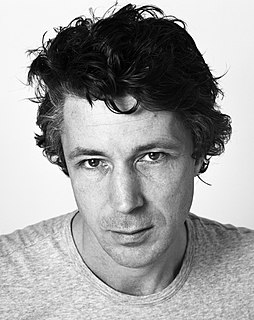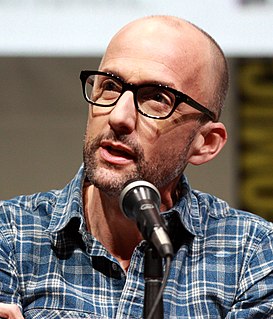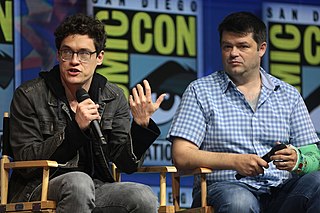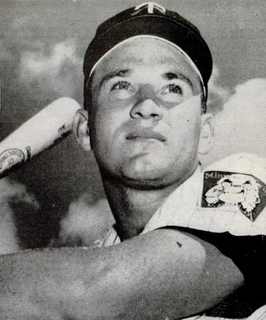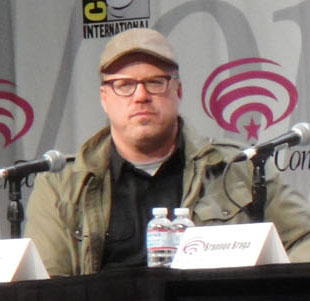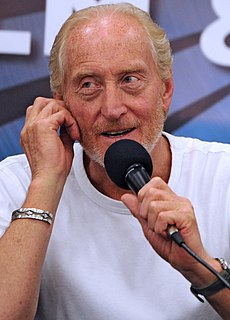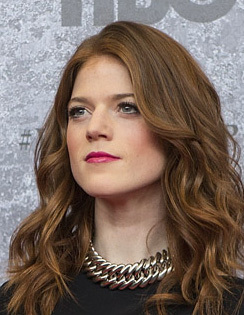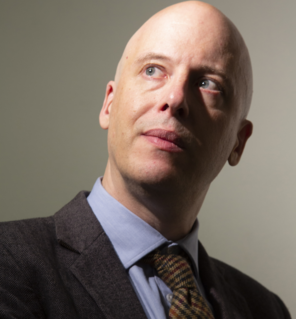A Quote by Chris Claremont
On one level, all of the characters in 'Game of Thrones' grow out of George R.R. Martin's imagination. Therefore they are his. As long as they are in the novels they are his. But the moment they step forth onto the TV screen, they become filtered through the showrunners. In a business sense, it's the same way with comics.
Related Quotes
Symbols are specific acts or figures, while myths develop and elaborate these symbols into a story which contains characters and several episodes. The myth is thus more inclusive. But both symbol and myth have the same function psychologically; they are man's way of expressing the quintessence of his experience - his way of seeing his life, his self-image and his relations to the world of his fellow men and of nature - in a total figure which at the same moment carries the vital meaning of this experience.
The American house has been TV-centered for three generations. It is the focus of family life, and the life of the house correspondingly turns inward, away from whatever corresponds beyond its four walls.At the same time, the television is the families chief connection to the world. The physical envelope of the house itself no longer connects their lives to the outside in any active way; rather it seals them from it.The outside world has become an abstraction filtered through television, just as the weather is an abstraction filtered through air conditioning.
My ultimate game - or at least one I would really like to see - would be something where it was like the beginning of George R. R. Martin's 'Game of Thrones', where you're Ned Stark, and you know that one of your friends has been murdered, and you go to the capital city and you have to navigate this web of court intrigue.
Some minds corrode and grow inactive under the loss of personal liberty; others grow morbid and irritable; but it is the nature of the poet to become tender and imaginitive in the loneliness of confinement. He banquets upon the honey of his own thoughts, and, like the captive bird, pours forth his soul in melody.
As far as informing the headmaster, Harry had no idea where Dumbledore went during the summer holidays. He amused himself for a moment, picturing Dumbledore, with his long silver beard, full-length wizard's robes, and pointed hat, stretched out on a beach somewhere, rubbing suntan lotion onto his long crooked nose.



